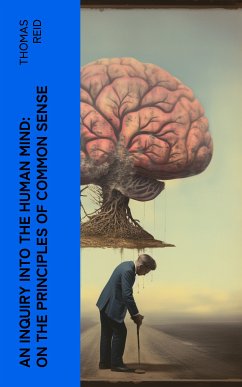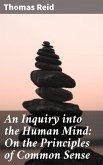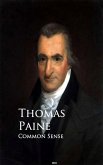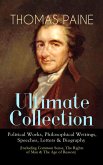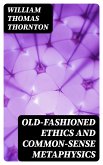Thomas Reid's Inquiry is one of the classic philosophical texts. Since its first publication in 1764, there have followed no less than forty editions. Yet, not all the writings of Thomas Reid were included in the edition. Reid is known to oppose the views of Descartes, Locke, and Hume. Reid's epistemology is based on human perception. When you see a tree, you don't find reasoning to believe that it is thereby means of rational arguments (Descartes). You don't need to compare your belief that the tree is there with other beliefs derived from experience (Locke). You simply believe it exists because you see it in front of you. The philosopher points out that a skeptic who doubts that the tree is there is being dishonest.
Dieser Download kann aus rechtlichen Gründen nur mit Rechnungsadresse in A, B, BG, CY, CZ, D, DK, EW, E, FIN, F, GR, H, IRL, I, LT, L, LR, M, NL, PL, P, R, S, SLO, SK ausgeliefert werden.

